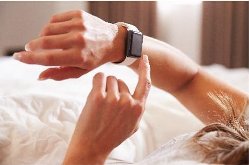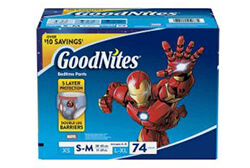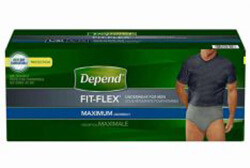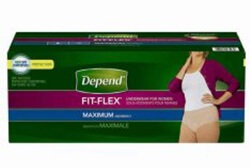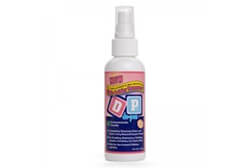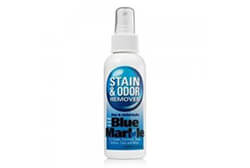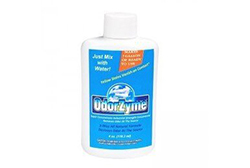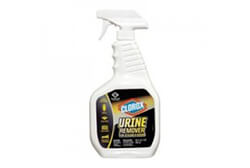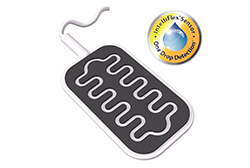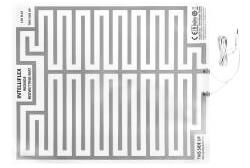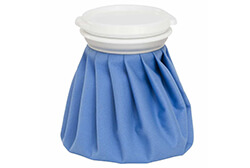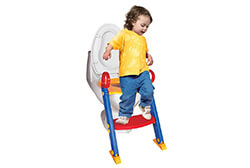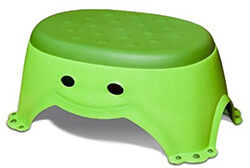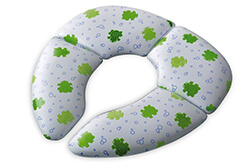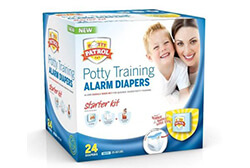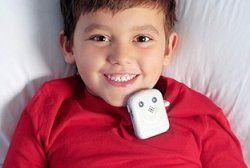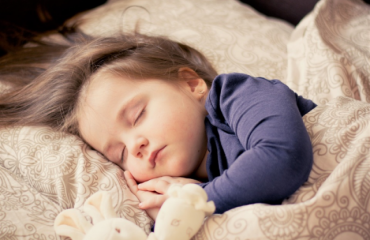Overactive Bladder Treatment in Adults
Last Updated on February 17, 2023 by One Stop Bedwetting
Have you been diagnosed with an overactive bladder? Well, there are many treatment options that can help you. Depending on the cause, your doctor can suggest that treatment plan that treats your symptoms with minimum side effects.
Lifestyle Choices
Suggesting some lifestyle changes may be your doctor’s first step for an effective overactive bladder treatment. Some of the techniques that your doctor can suggest may include the following:
Bladder Training
Bladder Training technique trains the bladder to delay voiding. It involves teaching yourself to delay voiding when you feel the urge to urinate. Your doctor may ask you to start with a 5 to 10 minutes delay when the need arises and then gradually increase the delay time. Over a period of time, this technique might help you in building a resistance toward the urgency that is associated with OAB.
Scheduled Voiding
Scheduled voiding involves setting up a routine to void say in every two or three hours. Scheduled or timed trips allows you to urinate at the same time every day rather than waiting for the urge to arise. The Invisible Clock II Vibrating Watch is a perfect to set multiple alerts that vibrate and/or beep at any interval you choose throughout the day.
Double Voiding
Double Voiding technique helps you to empty the bladder completely. The technique involves you waiting for few minutes after urinating and then urinating again to void any residual urine in your balder.
Pelvic Floor Exercises
To stop involuntary bladder contractions, you need to work on strengthening your pelvic floor muscles. Practicing Kegel exercises may help so ask your doctor about these exercises.
Dietary Changes
Your might ask you to make changes to dietary and fluid in-take. For e.g. keeping a track of amount of fluids you consume and time at which you consume them, and reducing caffeinated drinks and foods.
Medications
If these lifestyles don’t help your doctor may prescribe some medications. Medication can help relieve symptoms and keep the bladder relaxed. However, using medicines for overactive bladder treatment may cause constipation, dry eyes or dry mouth. Yet, if a medicine may offer relief, discuss with your doctor ways of managing these side effects, instead of not using them altogether.
Bedwetting Alarms
Overactive Bladder can be the main reason for nocturnal enuresis. Bedwetting alarms can help you stop or monitors the nighttime wetting problem. The alarm starts making loud sounds when the sensor detects the first drop of urine and thus the user wakes up to go to the bathroom to empty his/her bladder. Slowly it builds the brain bladder connection and the user gets up before wetting the bed. Bedside bedwetting alarms such as Chummie Pro bedwetting alarm, Smart bedside bedwetting alarm and the Guardian bedwetting alarm are the right choice for teens and adult bedwetters.








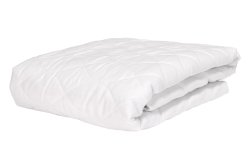 Our #1 Top SellerIdeal for Daily Use
Our #1 Top SellerIdeal for Daily Use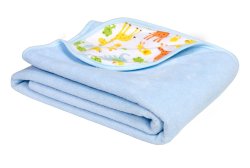 Premium Quality BeddingSoft and Comfortable
Premium Quality BeddingSoft and Comfortable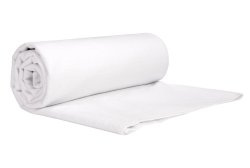 Premium Quality BeddingLarge Urine Absorption
Premium Quality BeddingLarge Urine Absorption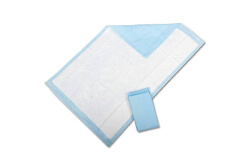 AFFORDABLE PRICECHANGE DAILY AS NEEDED
AFFORDABLE PRICECHANGE DAILY AS NEEDED
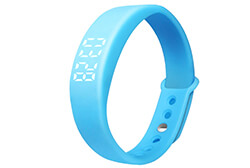 Sleek, Stylish and Affordable Watch
Sleek, Stylish and Affordable Watch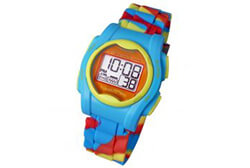 Multi-Function Watch with Numerous Features
Multi-Function Watch with Numerous Features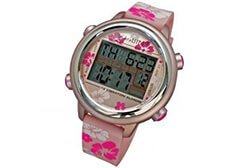 Recommended watch for teens and adults
Recommended watch for teens and adults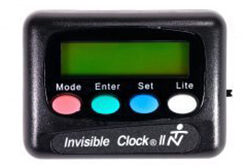 Perfect for medication and other reminders
Perfect for medication and other reminders